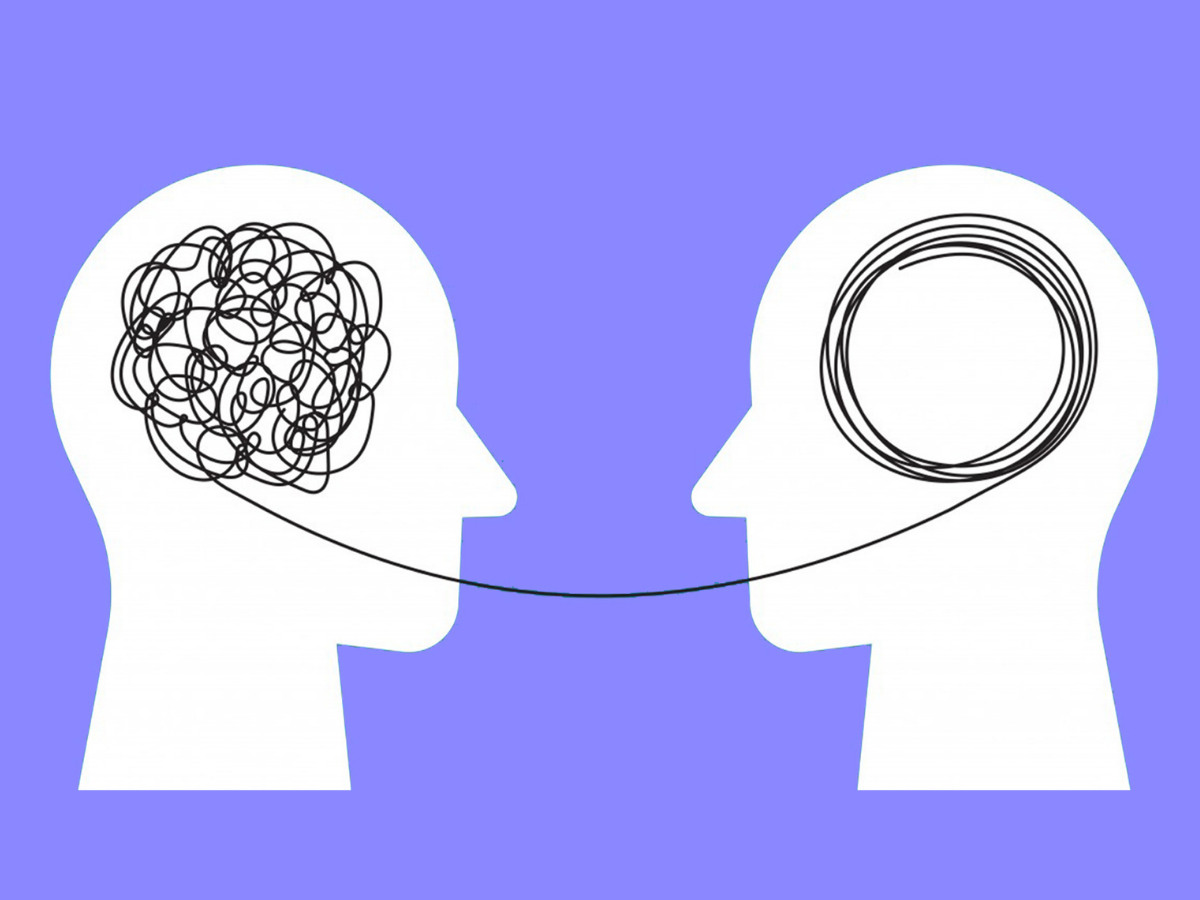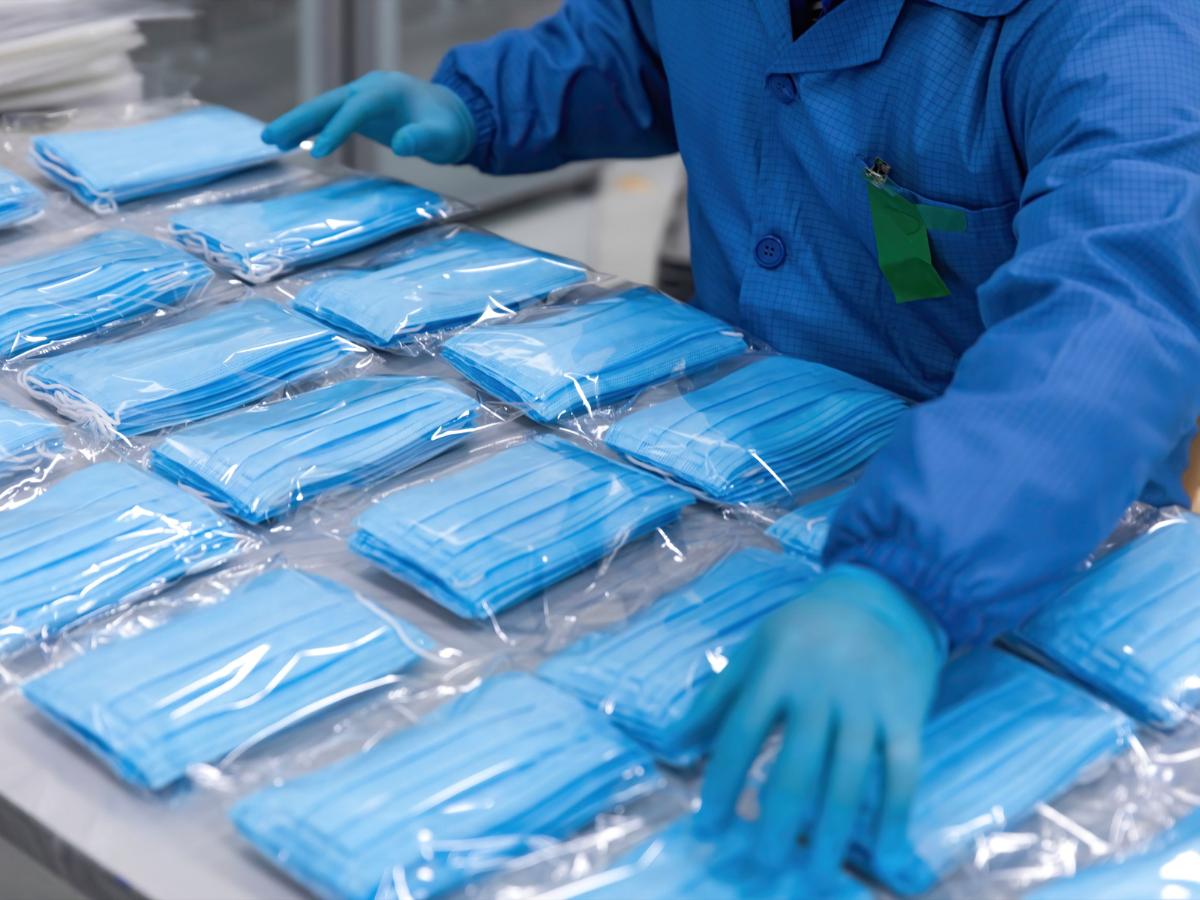‘I want this to be a turning point in the UK’s mission to eradicate slavery and human trafficking in supply chains around the globe. As the biggest public procurer in the country, the NHS is well placed to spearhead this work.’
So states Sajid Javid, the UK’s Health Secretary, on the amendment to the 2012 Health and Social care act in England, tabled in April 2022. The particular emphasis on the role of the NHS comes at a period of intense scrutiny over the legitimacy of the supply chains it sources its products from after reports suggest they are at risk of corruption from modern slavery and human trafficking. With the public health service’s acute need for supplies over the COVID-19 crisis, were the human rights abuses that form links on the supply chain forgotten or neglected?
Forced Labour in Xinjiang
The main focus of concern lies within the Xinjiang Province of China and the Muslim Uyghur community which has been targeted for forced labour as part of an extended project of racial and religious abuse.
One report claims over one million Muslim Uyghurs have been trafficked to detention camps, where they are forcibly redeployed to factories to work in labour-intensive roles. This programme is described by the Chinese government as being composed of ‘re-education camps’ for extremists, although there is clear evidence in Chinese government policy the detention is for labour purposes with the trafficking programme being state-sponsored. Further reports suggest Uyghur women are being sterilised against their will as part of a population control programme.
Evidence supplied by Professor Laura Murphy in 2020 to the UK Government clarifies that these industrial procedures amount to slavery and trafficking under the 2015 Modern Slavery Act, through their employment of ‘force, threat and… deception.’ The workers trafficked to employment in these factories include many corporate, medical and business professionals, who would otherwise not be undertaking labour-intensive services. Human rights groups such as Amnesty have indicated, through published reportage, that China’s treatment of Muslim Uyghurs amounts to genocide and crimes against humanity.
The factories that have been claimed to operate using modern slavery produce supplies for a number of globally active brands, as research conducted in 2020 by the Australian Strategic Policy Institute contends. The 83 Chinese domestic and international brands named in the report included Apple, Amazon, Adidas, Google, Nike, Victoria’s Secret, Jaguar, Zara and Samsung, all of whom ‘directly or indirectly benefit’ from the use of forced labour in Xinjiang. Professor Murphy’s report confirms these major brands sell products produced from slave labour in the UK.
The National Health Service in England
The major British service which has been assessed as having a high risk of benefiting from supplies produced with Xinjiang slave labour is the NHS; indeed, as Javid states, the UK’s ‘biggest public procurer.’ During the height of the COVID-19 pandemic, the NHS was acquiring ‘billions of pounds worth’ of PPE equipment, as well as £5.8 billion in lateral flow tests from China, some of which were allegedly produced using forced labour from Xinjiang.
The supply chains corrupted by modern slavery are not limited to Xinjiang, however. Supermax, a Malaysian factory chain that produces medical gloves – which was granted a £6 billion NHS contract in December 2021 – has also been accused of using forced labour. This contract is now under judicial review. These contracts would seem to implicate the government and the NHS in the forced labour programmes active in the Xinjiang province and beyond.
Thus, the agenda of the amendment to the Health and Social Care bill is to employ a risk-assessment based attitude to individual supply chains, which can exclude them from contracts if they are found to be in breach of human rights regulations. Questions must be directed, however, at why the application of these legal requirements has taken so long; especially when other countries, such as Canada and the United States, cancelled their contracts with Supermax due to accusations of forced labour, while the U.K previously increased them. The ban will affect supplies of ‘medical equipment, security technology and basic infrastructure,’ although the technicalities of the new law are still to be fully developed.
While many human rights campaigners will welcome the new amendment, they will be justified in inquiring as to why it has taken until after the intensity of the pandemic has subsided for the government to introduce this new legislation. The reports into human rights abuses in Xinjiang and Malaysia were published as early as February 2020, so the interim of two years in tabling the amendment, during which demand for NHS medical supplies was concentrated to unprecedented levels. This new ruling might appear to some as too little too late.
About the author: James Taylor is a contributing writer and editor graduating from the University of Glasgow, with personal interests including transnational cultures and political affairs.
Recommended for you

Antidepressant Prescribing at Six-Year High
More people are taking antidepressants than ever. Is this a dark sign of the times or an indication that mental health stigma is changing?

Can AI be Used to Determine Cancer Recurrence?
When cancer patients go into remission, they often worry about it coming back. AI can now help identify those at risk of cancer recurrence.

Pegasus – Still a Threat to the UK?
The notorious Pegasus spyware has been misused to exploit vulnerabilities in devices, even those kept within the walls of Number 10.
Trending

Drug Decriminalisation: Could the UK Follow Portugal?
Portugal’s drug decriminalisation has reduced drug deaths and made people feel safe seeking support. Would the UK ever follow suit?

Calling All Unvaccinated UK Adults
With Covid cases rising, the NHS is urging the 3 million UK adults who remain unvaccinated to come forward.





